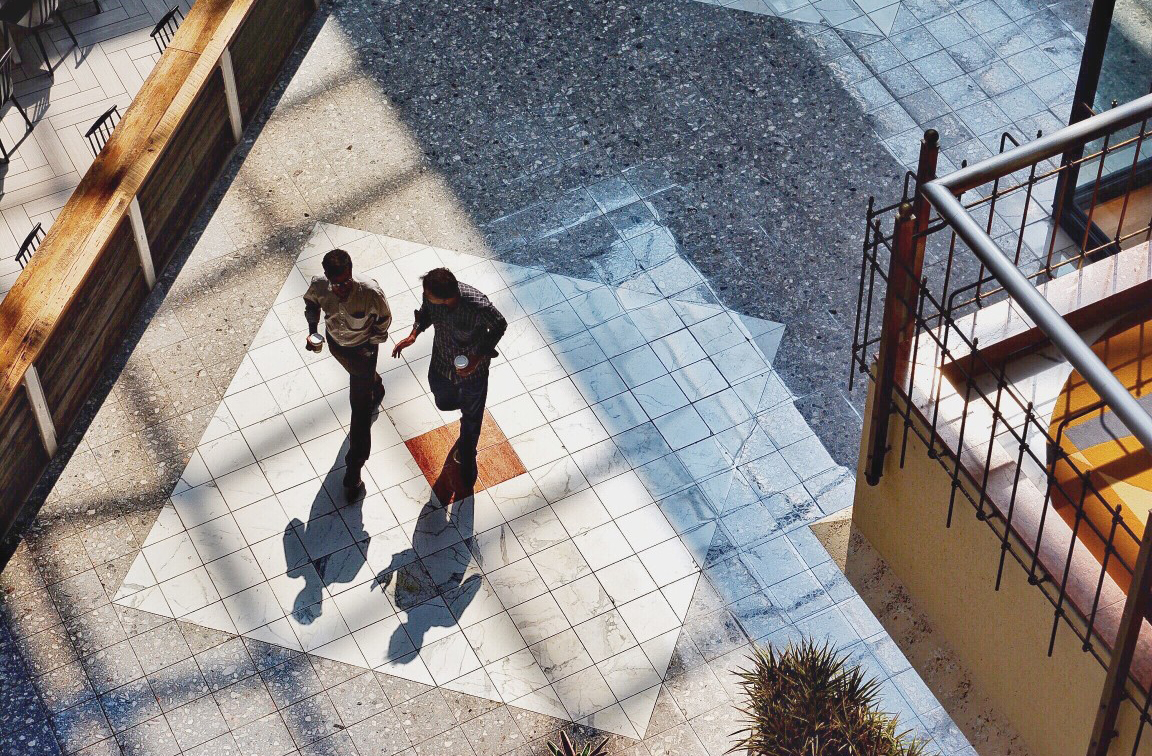Has anyone ever said that to you? Or have you ever said that to someone else or at least felt like saying it?
At the L.E.T. Train-the-Trainer I attended in Phoenix last week, this topic came up once again. Why do people have that response when we’re trying to listen to them?
There are several reasons: Often, it’s someone that has just learned the skill and is trying it out. And sometimes, it’s when the listener’s heart really isn’t in it and that comes across to the other person. On rare occasions, it’s because the other person doesn’t want to talk about a problem.
 Let’s take the first example: Say you just participated in a Gordon Model course (L.E.T., the Conflict Resolution Workshop or Synergistic Selling) and you learned, as best you could, how to Active Listen. At least, you think you got the gist of it. You were looking forward to trying it out and also a bit nervous, but you did, and you gave it your best shot. When the other person let you know they had a problem, you picked up on the signal and decided to try to Active Listen. The biggest challenge was avoiding throwing out some of the Roadblocks that came to your mind…so there you were, biting your tongue, feeling a bit awkward, trying hard to hear and understand their feelings.
Let’s take the first example: Say you just participated in a Gordon Model course (L.E.T., the Conflict Resolution Workshop or Synergistic Selling) and you learned, as best you could, how to Active Listen. At least, you think you got the gist of it. You were looking forward to trying it out and also a bit nervous, but you did, and you gave it your best shot. When the other person let you know they had a problem, you picked up on the signal and decided to try to Active Listen. The biggest challenge was avoiding throwing out some of the Roadblocks that came to your mind…so there you were, biting your tongue, feeling a bit awkward, trying hard to hear and understand their feelings.
The other person might have looked at you funny and said, “Well, no, that’s not how I feel, it’s more like….” Or they asked, “Why are you repeating what I just said?” or they replied. “Don’t use that Active Listening on me!”
Now what? If this happens a few times, some people get discouraged and sometimes figure that Active Listening doesn’t work, at least not for them.
In the beginning, it’s difficult to have your Active Listening be natural and seamless. Recall the Learning Stages chart from the workshop and remember that at best, you are Consciously Skilled or maybe even closer to the Consciously Unskilled level. Just as with any new skill, it takes lots of practice and experience to get good at Active Listening. Not only do you have to break old habits and avoid unhelpful or damaging responses, you need to respond in a way that communicates your acceptance and your empathy. That can be a tough assignment at first.
But take heart! I think Active Listening is the hardest skill to learn in the Gordon Model, it’s also the most powerful, important and helpful one. If you can “get” this skill, both you and the other people in your life—both at work and at home—will reap huge benefits.
Because Active Listening is such an essential skill—and there is so much more in terms of tips and insights to share with you, I’m going to split up this topic into a few installments, so stay tuned for more next month.
If you have questions in the meantime, please send them to help. I am happy to help!
Thank you!

